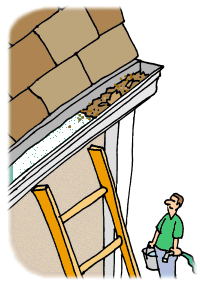Check Your Home - Preventing Standing Water
It is important that we all do our part to eliminate mosquito breeding habitat. One of the best ways is to check for standing water in backyards, on porches and balconies. Mosquitoes that spread the Zika Virus prefer to breed in small containers around residential areas.
Note:
Even after eliminating sources of water, oftentimes mosquito eggs can remain “glued” on the containers/surfaces and are able to await the next rain to continue the development cycle.
This is why complete removal of standing water sources and scrubbing of containers is so important to reducing mosquito populations.
Download the
Checklist
(PDF
) of places to inspect to reduce mosquito breeding. Share with your friends and neighbors:
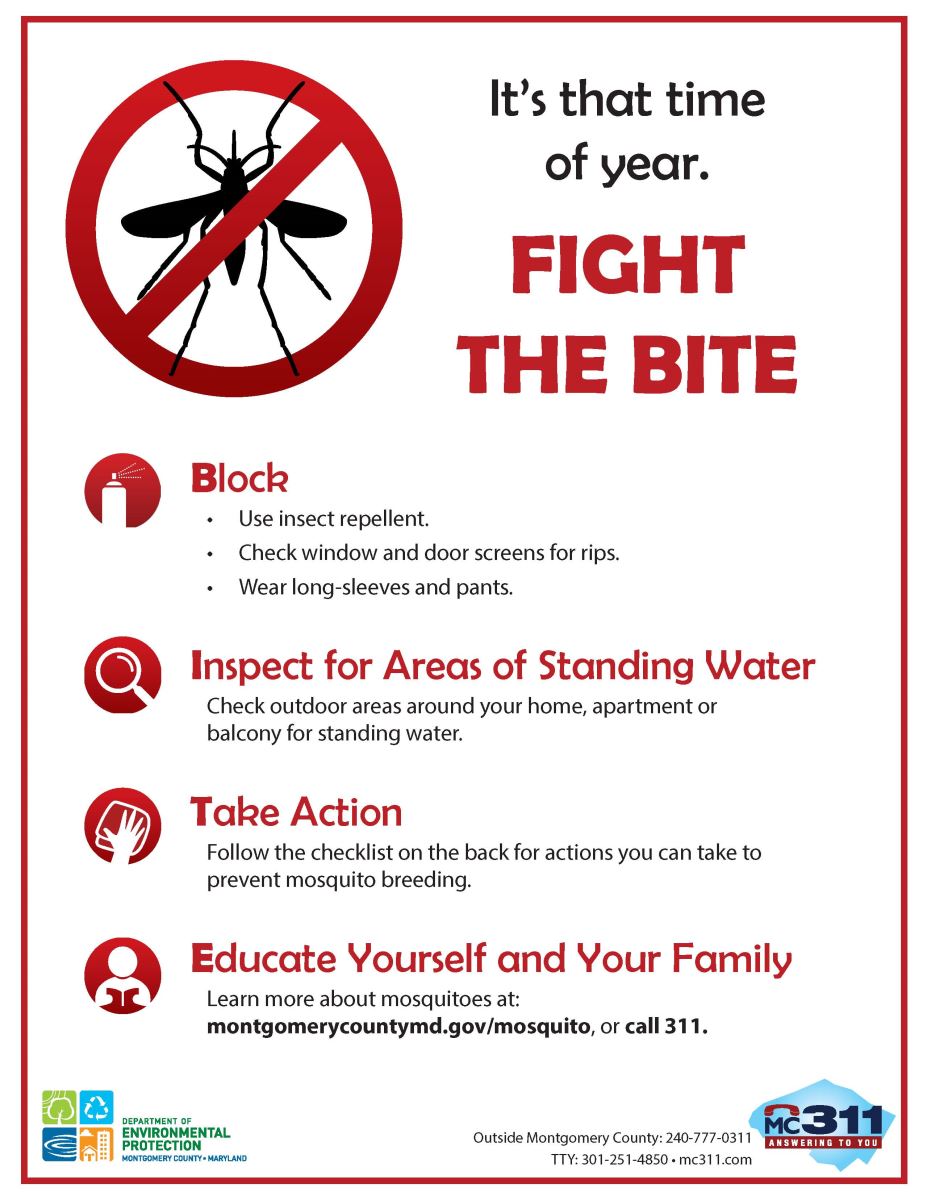
How to Eliminate Standing Water On Your Property:
Turn over children’s toys and wading pools, buckets, wheelbarrows, canoes and garbage can lids.
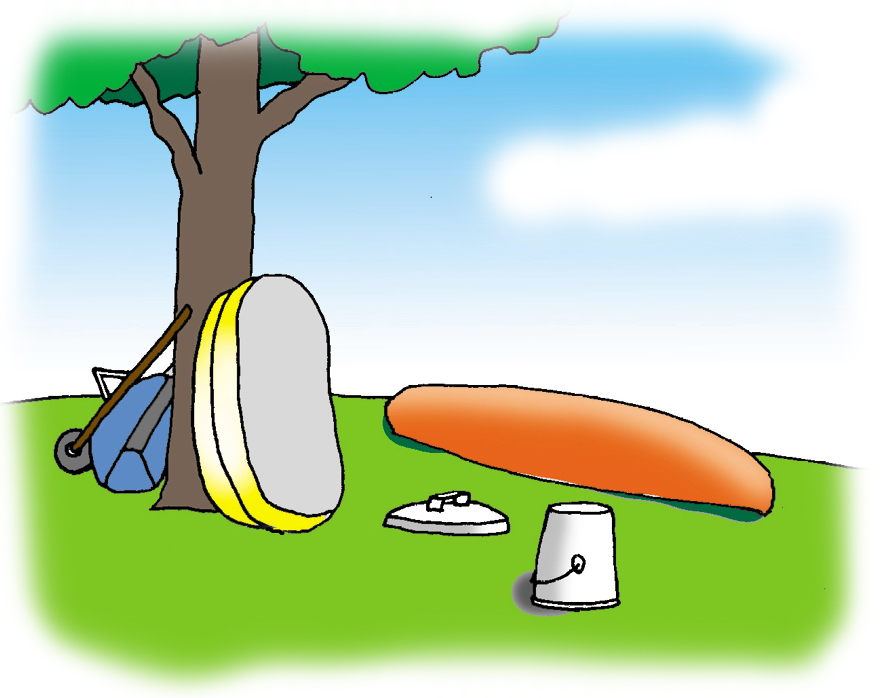
Video on Removing Water from Children's Toys:
Secure any outdoor tarps or pool covers so that there are no folds where water can collect.
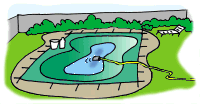
Tighten tarps to minimize folds, including barbecue covers.
Video on Removing Water from Tarps:
Clean out roof gutters
Video on Cleaning Gutters:
Get rid of puddles from window air conditioners.
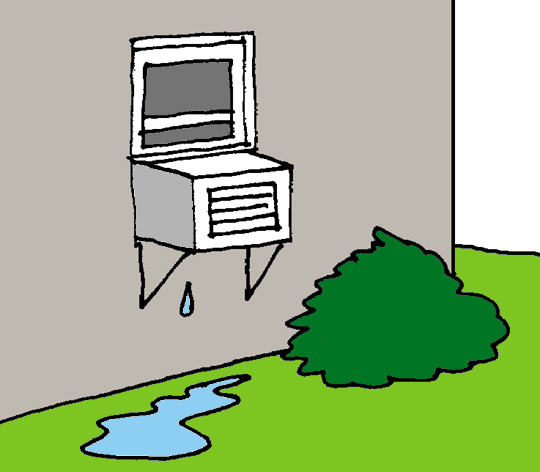
Fix dripping outdoor water faucets.
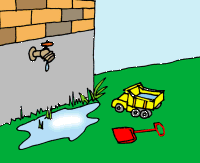
Dispose of trash such as plastic bags, bottle caps, open drink cans, bottles or food wrappers.
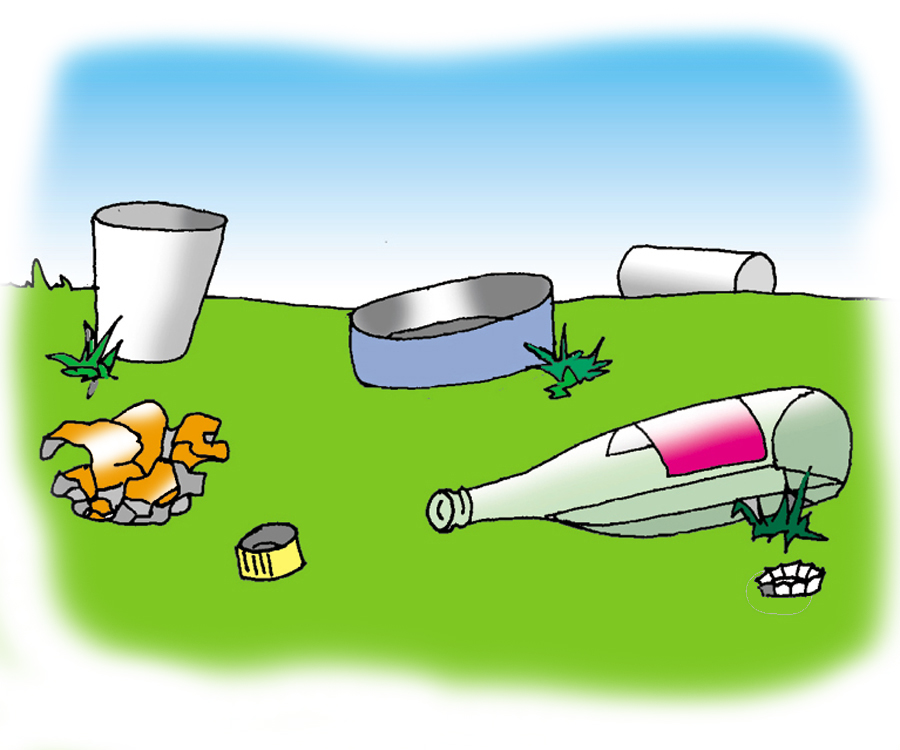
Note: If you have a septic tank, repair cracks or gaps and cover open vent or plumbing pipes
Throw away used tires. If you have a tire swing, drill holes in the bottom of the tire so water will run out.
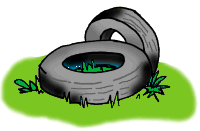
Store your recycling bin out of the rain. Even though the bin has drain holes, dump out even small amounts of water. Do this weekly.

Add an aerator or fountain to birdbaths or ornamental ponds. Mosquitoes do not breed in moving water.
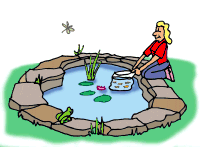
Drain swimming pools that are no longer in use.
Video on Swimming Pools and Mosquitoes:
Check down-spouts.
Corrugated plastic gutter drains are mosquito breeding havens. Cap outlet with old nylon stocking and seal downspout connections with tape. If possible, replace corrugated with smooth PVC.Flush birdbaths and saucers under potted plants at least once a week.
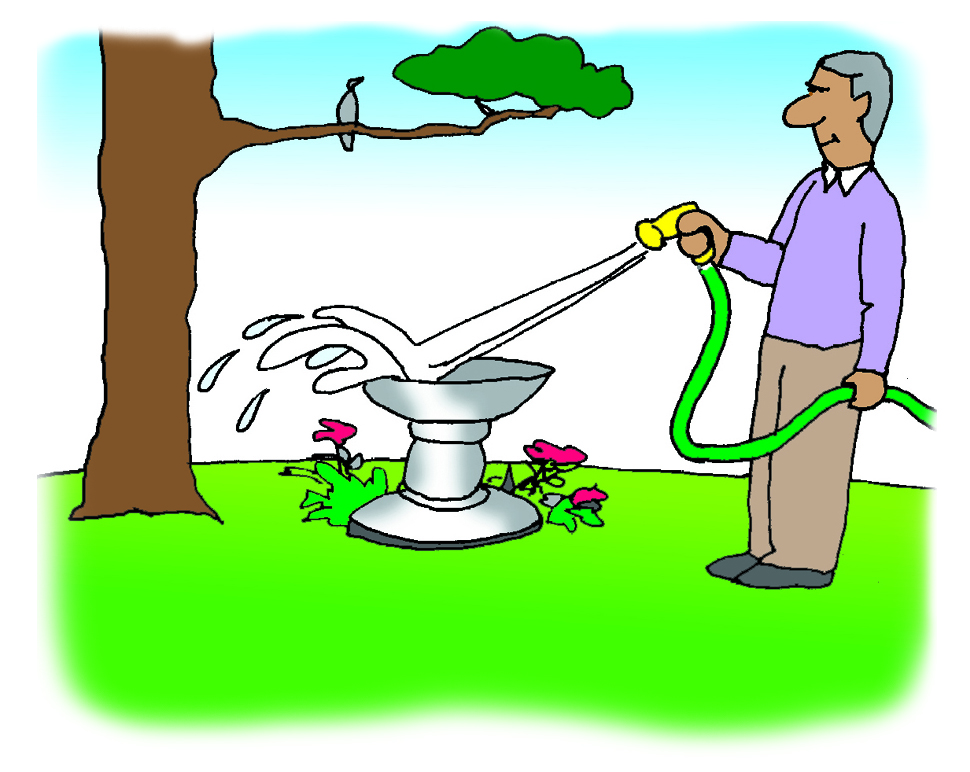
Preventing Mosquitoes in Rain Barrels
If you own a rain barrel, make sure that you use debris screens, keep the barrel tightly closed, and use collected water within a week.
If you cannot use the water within a week after a storm:
- Wait until the ground is not saturated and drain the rain barrel within a week after the storm; or
- Add a larvicide such as Mosquito Dunks that can be used to control for mosquitoes.
Actions You Can Take to Maintain Your Rain Barrel
- Check the entire system (e.g., gutters, debris filter, overflow pipe, fittings, spigot, etc.) to ensure the barrel is functioning properly
- Place gutter guards and/or screens on top of roof downspouts and on top of the barrel to prevent leaves and sediment from entering the rain barrel.
- Remove leaves and other debris from the screen at the top of the barrel, the overflow pipe, and the roof gutters.
- Regularly use water collected in your rain barrel between rain events to make sure there is room to collect rainwater during the next storm. Drain your rain barrel before the winter season.
- If your barrel has a filter screen, make sure it is intact without holes and securely fastened to keep out mosquitoes.

